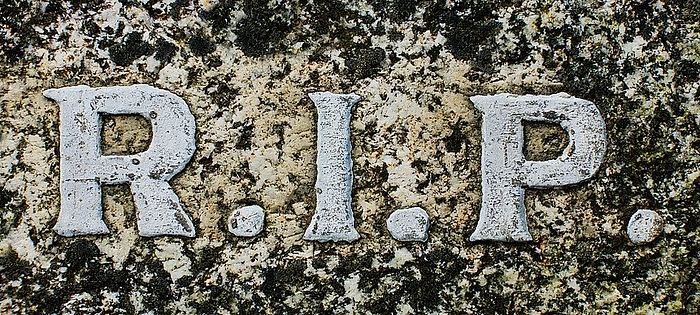
Member-only story
Why I Don’t Understand #RIP
Why do we talk about death as if we’ve died before?
I’ve been fascinated by the sentiment of “RIP,” which is the most used expression assigned to people who die, as a form of respect and acceptance that dearly departed souls will find eternal peace.
Almost all of us have relied on #RIP, each time we’re tasked with collectively acknowledging these events, but I have to admit that I’m beginning to wonder why we assume that those who’ve passed on are automatically “resting easy” in the heavenly clouds above?
Why do we talk about death as if we’ve personally experienced it?
During a google search, I asked: “what does rest in peace mean?”
And the results confirmed that the term “rest in peace,” originates from Latin phrase requiescat in pace, which means may the deceased rest in peace.
RIP first made its appearance back in 1681.
As a child growing up in a Christian household that took the worship of God and his only-begotten Son very seriously, I was exposed to both the violent and fantastical versions of what it takes to remain in the Lord’s favor.
Through the graphically gruesomely Christian movies from the late seventies and early eighties, that were inappropriately showcased to boarding…
